Our hands hold together to form a circle around Vietnam
Triumphant masterpieces, liberation anthems filled with joyful celebrations that the Vietnamese people love so much resound throughout the provinces and cities, especially on occasions commemorating the glorious and great victories of a nation greatly admired by the world . The miraculous feats of our army and people fill musicians with emotion to compose immortal masterpieces.
The song "As if Uncle Ho were here on the great victory day" by musician Pham Tuyen is loved by the Vietnamese people with its concise rhythm and clear lyrics like the sky of the spring victory day that resounds through the years, becoming the cheers of the whole nation.
At exactly 5:00 p.m. on April 30, 1975, after the news bulletin announcing the complete liberation of the South, for the first time, the song “As if Uncle Ho were here on the day of great victory” was broadcast across the country on the Voice of Vietnam radio waves. “Not only me, but everyone present in the Voice of Vietnam broadcasting room that day was stunned and burst into tears” - according to musician Cao Viet Bach, there had never been a song in which, when performed, the entire orchestra and singer burst into tears because of such deep emotion and great happiness. Musician Pham Tuyen recalled: “When I listened to the recorded song on the radio, I felt like I was listening to someone else’s song, not mine. I was just the one who wrote it. The lyrics and melody came very naturally. I suddenly thought, in this historic moment, if I didn’t write it, someone else would definitely write those lyrics and melody.”
The melody of the song “The Country is Full of Joy” by musician Hoang Ha seemed to soar on the joyful day of the whole country, creating a vivid and colorful picture when the North and South reunited: “We walk in the light of thousands of golden stars, the forest of flags fluttering, bustling and passionate, the footsteps are rushing here”. The musical meaning in the first part is suggestive and also affirmative: “Oh boundless happiness, sing more, my dear, words of love”. That is what everyone wishes for when the country is free of enemies. That melody seems to add a message to the community to love each other more. The following musical lines have overcome the overwhelming emotion that cannot be sung out loud. Musician Hoang Ha said: “I wrote “The Country is Full of Joy” in one night (April 26, 1975) at a house in Yen Phu, near West Lake, Hanoi . At that time, my emotions were at their peak, and suddenly the Dong Thap folk song of the liberation artist from years ago burst forth, soaring high, making my soul fly up, intoxicated in the space of the heroic mountains and rivers on the day of complete liberation!” Musician Hoang Ha wrote this historical song when he had not yet set foot in Saigon. Many people still think that the musician was present in Saigon during those early exciting days. But musician Hoang Ha shared, as in the lyrics of the song “We want to fly up and say see the vast mountains and rivers”, at that time I was in Hanoi and wanted to fly up to the South right away, to look at the mountains and rivers with indescribable pride. The song “The Country is Full of Joy” was recorded by singer Trung Kien on the afternoon of April 30, 1975 and spread over the radio waves.
At 11:30 a.m. on April 30, 1975, when President Duong Van Minh announced his unconditional surrender to the Liberation Army, on Saigon Radio, musician Trinh Cong Son sang his song “Noi vong tay lon” live and called on all Vietnamese people to come together to build the future of the country. With a bustling, joyful and energetic rhythm, “Noi vong tay lon” expressed the feelings of pride and hope for a unified tomorrow, when the North and South will reunite as one family. “The mountains and forests spread their arms to connect the distant sea/We go in a big circle forever to connect the mountains and rivers/The vast land, our brothers return/Meeting each other is as joyful as a sandstorm swirling in the vast sky/Our hands hold together to connect a circle of Vietnam”…
 |
The whole procession sang the melody 'Marching to Saigon, liberating the capital.' (Photo: Archive) |
Trinh Cong Son's spirit in the song touches the hearts of millions of Vietnamese people: no matter what the circumstances, the Vietnamese people always yearn to unite, stand side by side to build an independent, peaceful and happy nation.
The epic of a thousand years of brilliance
Every time the anniversary of the liberation of the South and the reunification of the country (April 30, 1975) is celebrated, almost everywhere in our country, the song "Marching to Saigon" by musician Huynh Minh Sieng - another pen name of famous musician Luu Huu Phuoc resounds with extremely heroic melodies that make people's hearts extremely excited and enthusiastic with expressive lyrics: "In the city in the electric lights, sobs and laughter are stifled/The five-winged thatched houses in the suburbs groan day and night/Our homeland is in pain and misery, why does it suffocate people's hearts/Oh Saigon! We're back, we're back!".
At noon on April 30, 1975, while Saigon Radio was broadcasting some tearful, sobbing songs, it was immediately followed by the announcement of General Duong Van Minh - President of the Republic of Vietnam at that time - to unconditionally surrender to the Liberation Army. And as soon as the general finished speaking, the heroic, heroic melody of the song "Marching to Saigon" sung by Quang Hung immediately rang out. It was just in time. "Marching to Saigon" sounded extremely meaningful. The people of Saigon poured into the streets to celebrate the victory. The song was played over and over again, so many people knew it by heart.
In the song “Liberate the South” by musician Le Huu Phuoc, expressing the will to unify the country and the entire people under the sole leadership of the Party, the song has the line: “Shoulder to shoulder, under the same flag”. The chorus of the song is full of images, reflecting the absolute confidence of the Southern people in the final victory with the line: The nation’s destiny has come, the dawn shines everywhere, I vow to build a bright and eternal country... “Liberate the South” was chosen as the national anthem of the Provisional Revolutionary Government of the Republic of South Vietnam.
The powerful melody, seething with enthusiasm, the steady and exciting marching rhythm, expressing the burning aspirations in the hearts of millions of Vietnamese people at that time, made the song "Liberate the South" present everywhere in all collective activities of our army and people. Perhaps not only the soldiers who directly held guns on the battlefield during the nation's long war, but the people of the whole country more than ever wanted to contribute to the Fatherland because "The fate of the country has come, dawn shines everywhere, vowing to build a bright and eternal country". And "Liberate the South" at that time became the call of the Vietnamese revolution, the steadfast belief and revolutionary optimism of the heroic Southern people.
 |
Spring 1975 is the most memorable Spring in the history of the nation, the Spring of national reunification, the Spring of reunion of all the people of the two regions of the country after many years of waiting. An immense joy overflowed on the day of liberation of the South, reunification of the country. “Spring in Ho Chi Minh City” on the day of liberation is the most beautiful Spring of the people of the two regions of the country.
As for musician Xuan Hong, a Southerner, he wrote many famous revolutionary songs, but perhaps “Spring in Ho Chi Minh City” is the true peak of his compositions. The song was composed by him in 1975 when the five liberation armies marched proudly into Saigon, overthrowing the Saigon government, opening a new page in the history of the nation. “Ho Chi Minh City, our hometown, has written an epic poem/A thousand-year-old epic poem shining brightly, famous forever”…
Revolutionary songs not only accurately reflect the Vietnamese people in war and peace, but also accurately reflect the truth of justice and injustice, purifying and strengthening the human soul, to build through musical symbols people who clearly know the noble aesthetic emotions and human honor, have steel in their souls along with noble and profound emotions.
After decades, the triumphant masterpieces are still full of vitality. The heroic songs bring listeners a feeling of optimism, confidence, a burning revolutionary spirit, and indescribable happiness. The more listeners listen, the more they love their country and their national pride. These masterpieces are immortal in the hearts of the Vietnamese people.
Source: https://baophapluat.vn/truong-ton-suc-song-nhung-khuc-ca-giai-phong-post546658.html




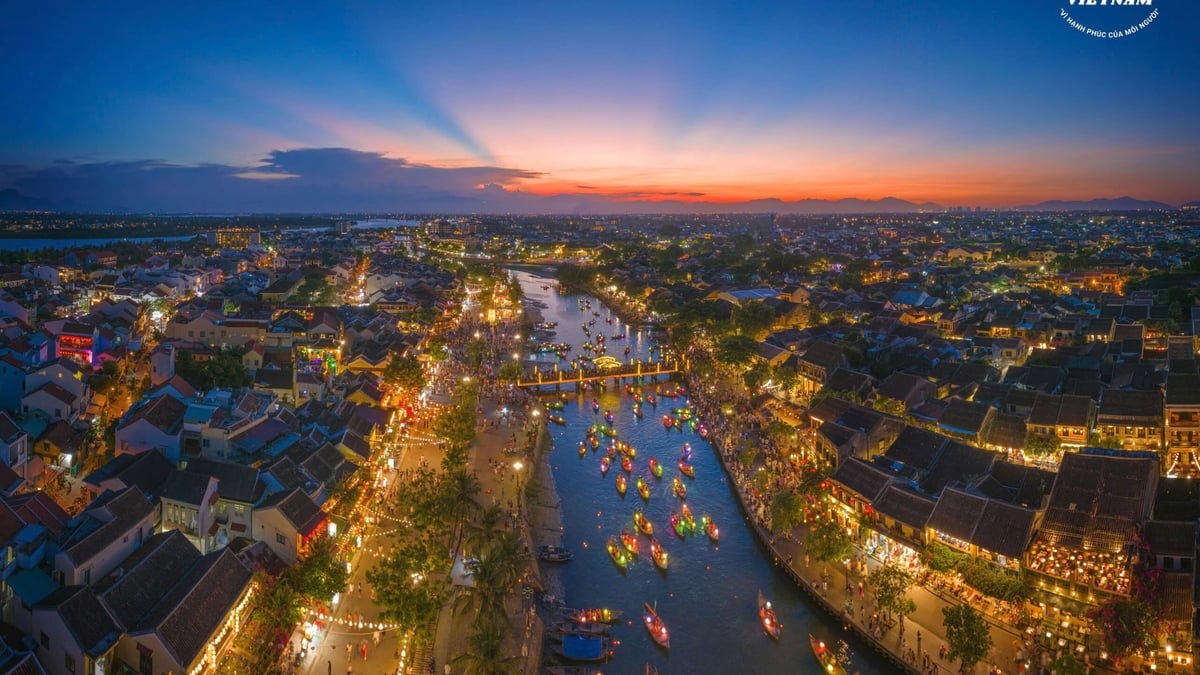



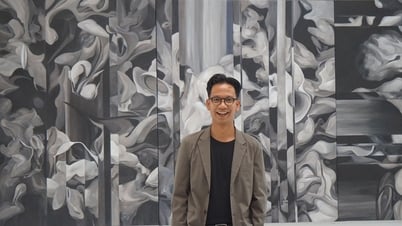

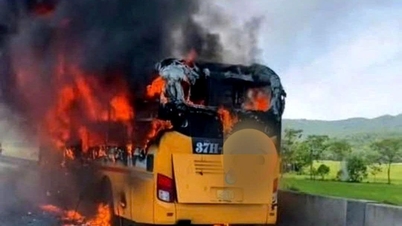


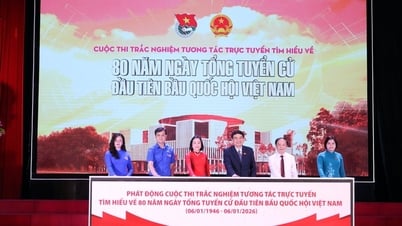
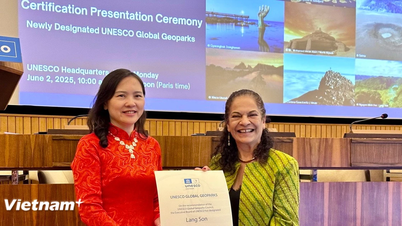
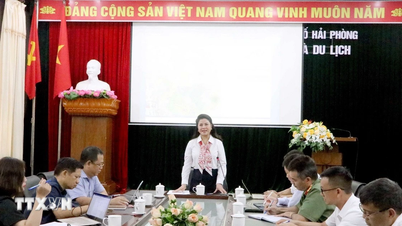




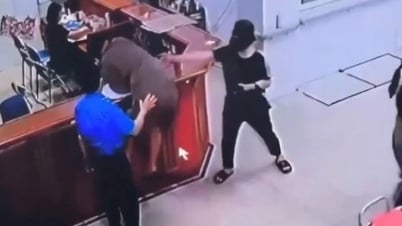
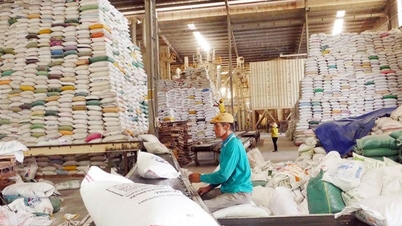
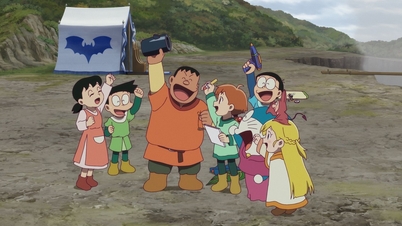
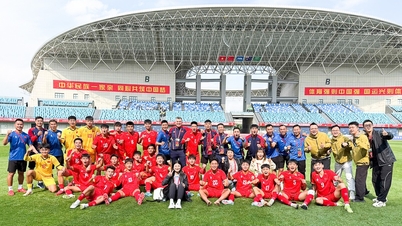

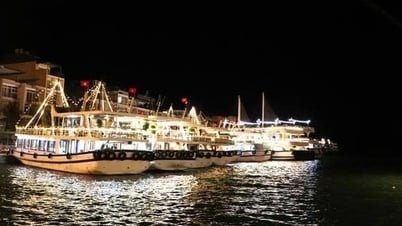




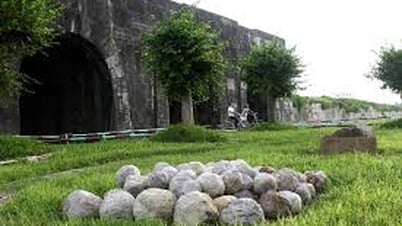

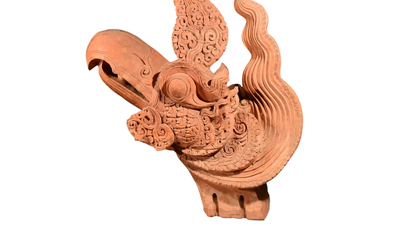



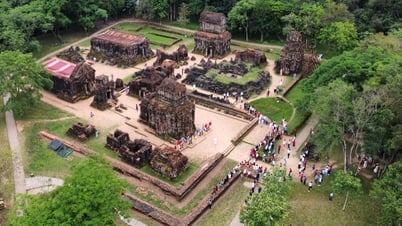
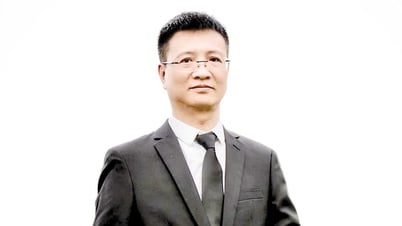



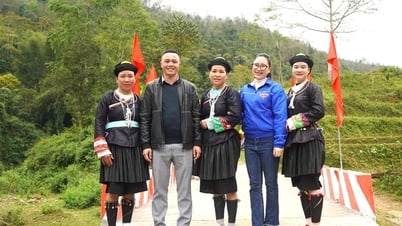

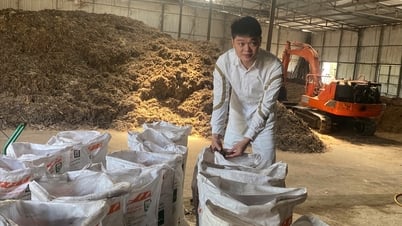

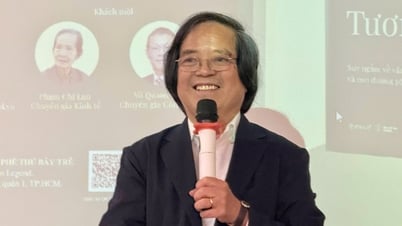




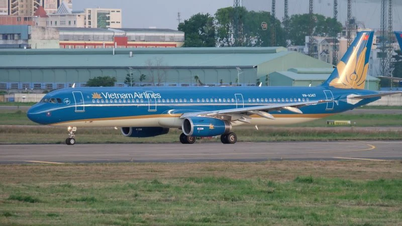





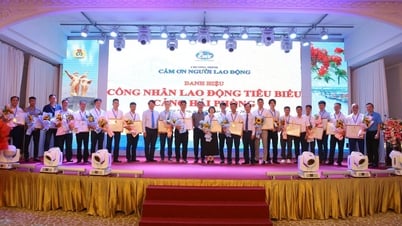
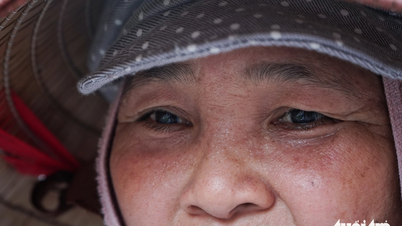
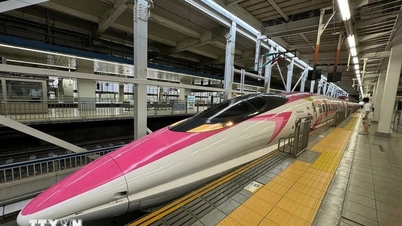


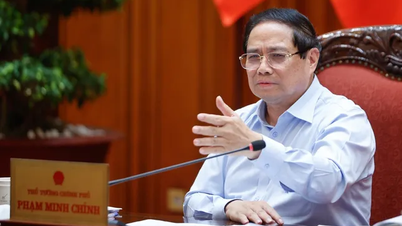

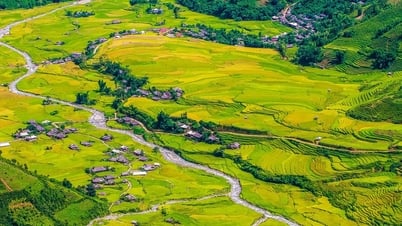
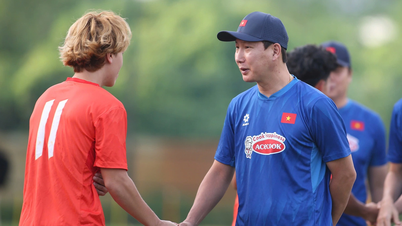

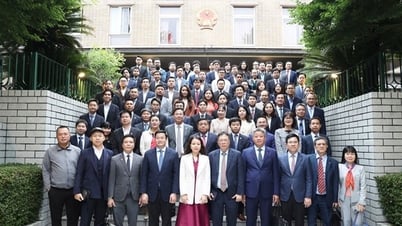



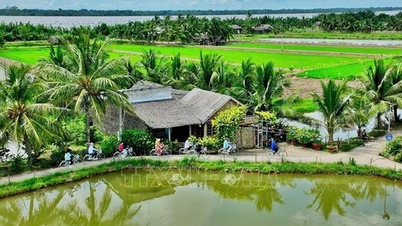
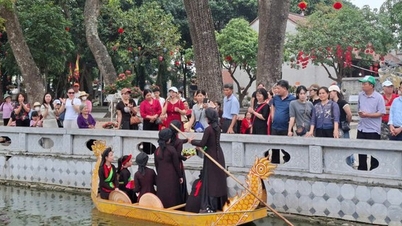
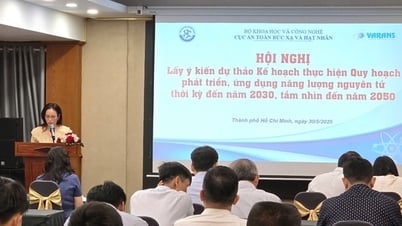
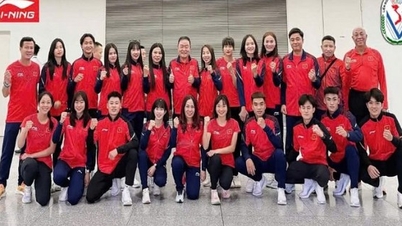
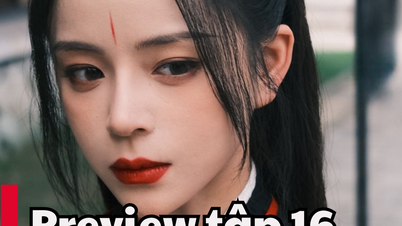

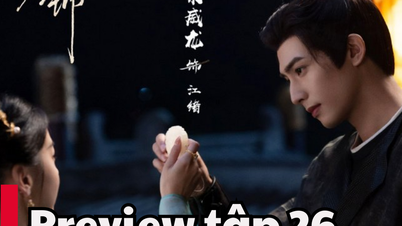
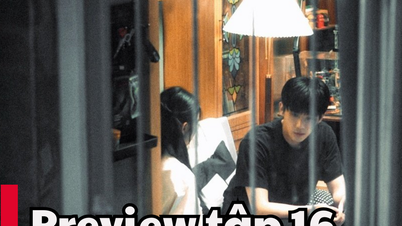



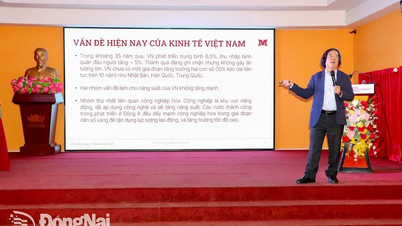

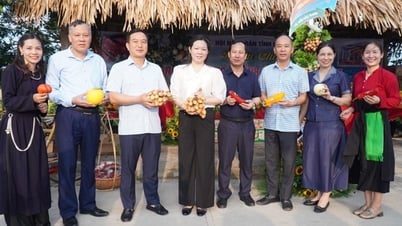

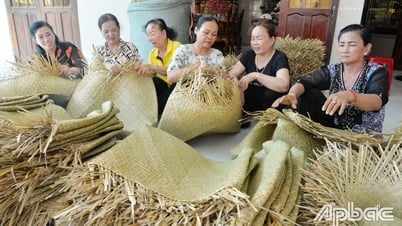






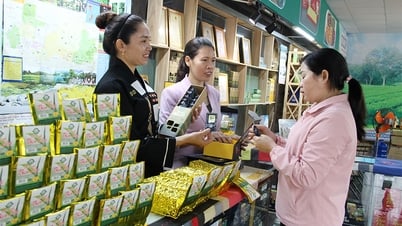
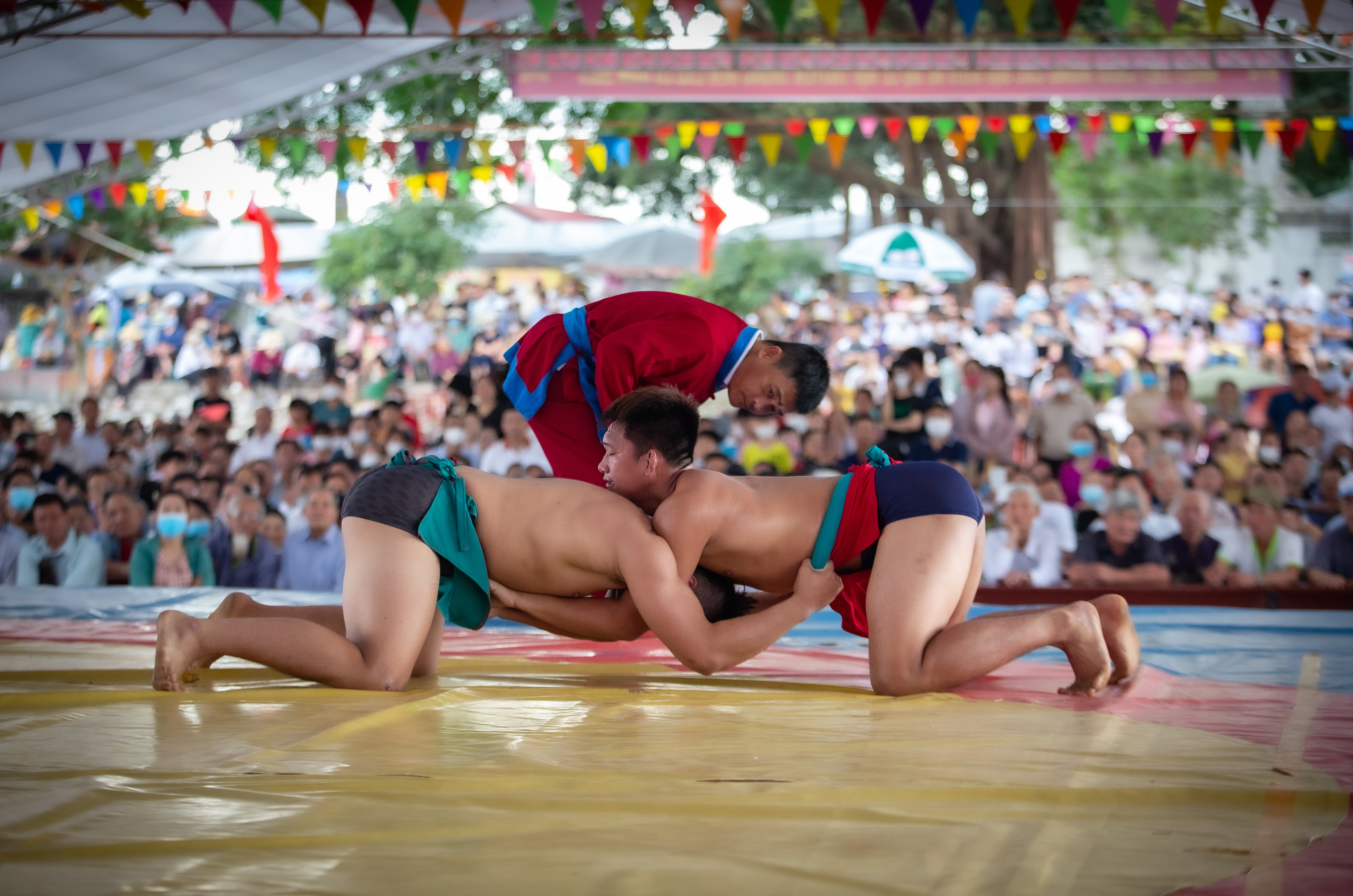


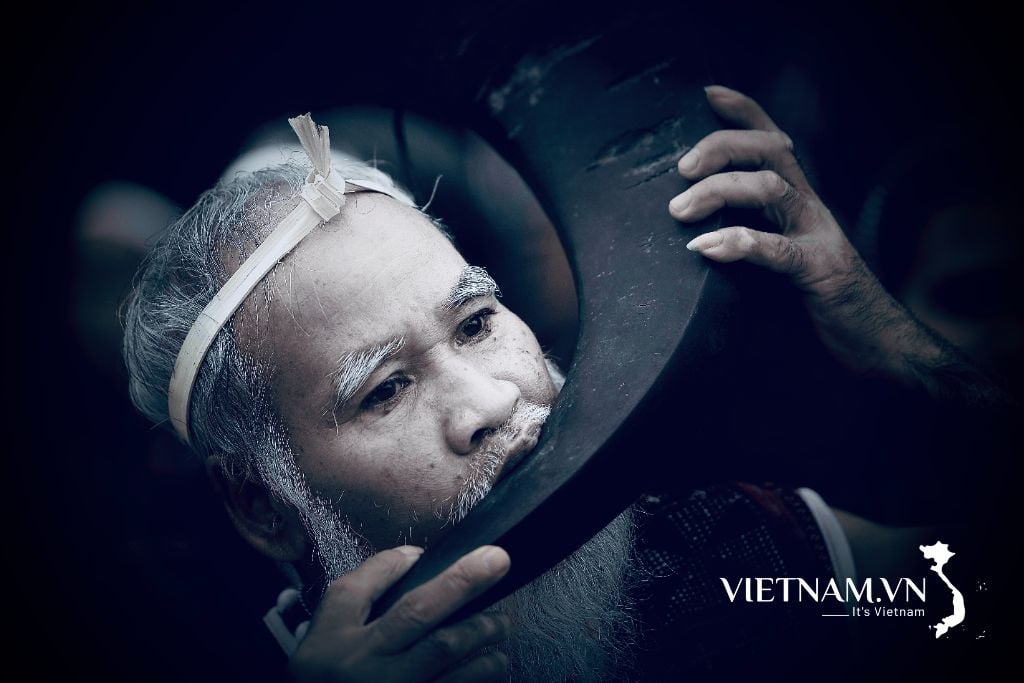
Comment (0)